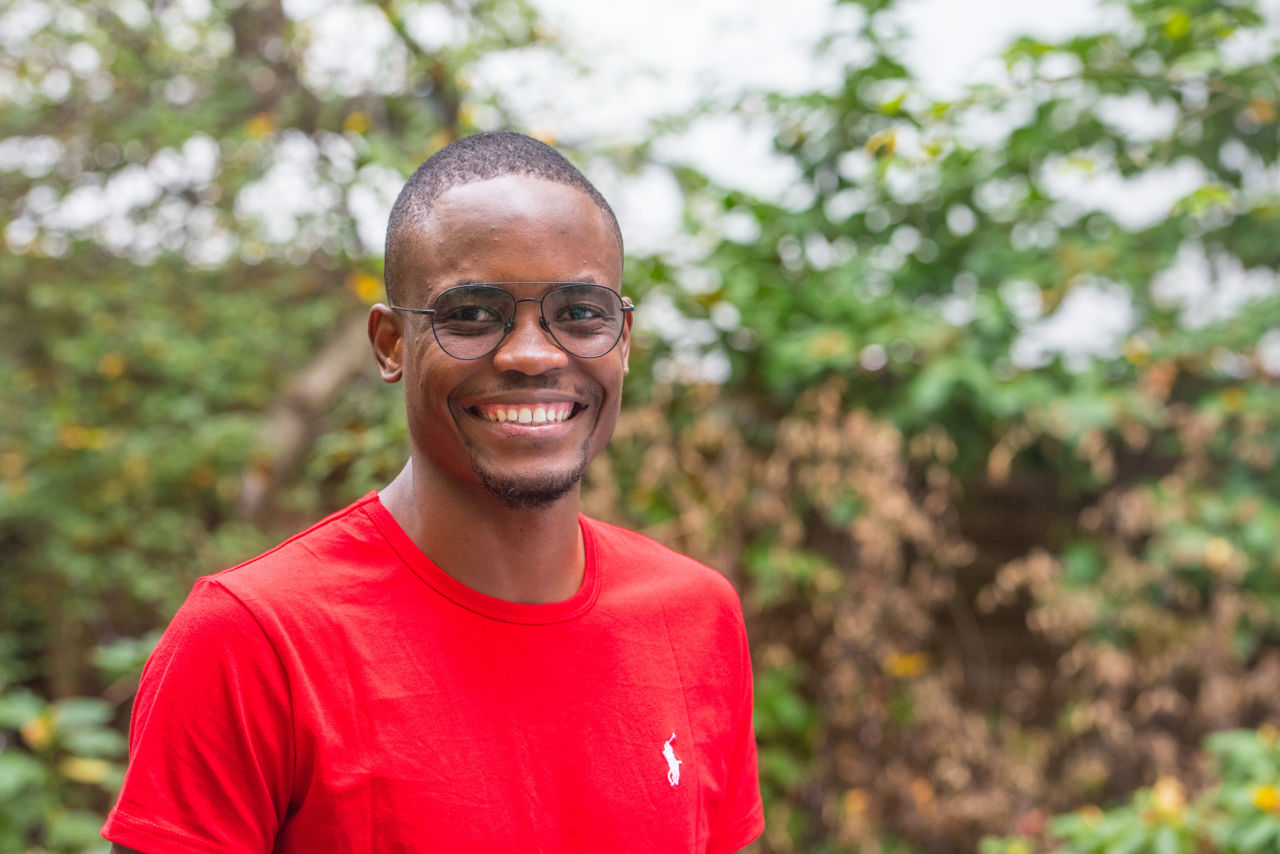12 November 2018
Skills Development in Africa
When Bruno Karaerua was in his house in rural Namibia doing his homework by candlelight he used to dream of bringing electric light to his village.

Now he’s a fully trained electrical engineer bringing power to his village and the rest of Namibia. And for good measure he’s also the WorldSkills Champions Trust representative for Africa, “WorldSkills motivates me to tackle the shortage of electricity in Africa. My work as an electrical installation engineer allow me make the change I want to see on my continent. We share a common goal of sparking the world though the power of skills.”
“WorldSkills has given me the determination and encouragement to see how my skill can make significant changes. My ambition is to enlighten and educate people about the importance of skills so future generations of African children won’t have to rely on candlelight to do their homework.”
Bruno is at the forefront of WorldSkills’ efforts to develop its work in Africa. There are currently six Africa Members of WorldSkills International – Zambia, Morocco, Egypt, Namibia, South Africa and Tunisia- with discussions underway with a further twelve countries.
In November a dozen African countries will gather in Rwanda for a Pan African Skills Competition – the WorldSkills Africa Kigali 2018. Last year Zambia hosted the WorldSkills International Board meeting, the first time the Board had met in Africa. In the words of President Simon Bartley:
“Africa is close to my heart in WorldSkills. I want us to empower young people in Africa.”
Already Namibia and Zambian have been empowered by WorldSkills Korea who have generously provided training and toolkits to help both countries compete in national and international competitions. Jerry Beukes, the Official Delegate of WorldSkills Namibia said, “We have benefitted from our partnership with Korea and it’s Global Institute for Skills transfer GIFTS. It’s giving us a better education for Africa’s rise.”
He revealed that three Namibian Competitors had gone to Korea for intensive training in Clothing Production, Carpentry and Hairdressing, while Korea had even based a Technical Director in Namibia on secondment to train thirty local Experts.”
Namibia has been a Member since 2015. It held its first national skills competition a year later and competed internationally for the first time in Abu Dhabi last year.
The Technical Delegate of Zambia, Francis Mwape said his young people had also been helped by Korea who had trained young Zambians in Korea and allowed them to take part in Korean national competitions.
Francis added that the support of Zambia’s Ministry of Higher Education and Ministry of Labour has also been important. As a result, national skills competitions are now part of Zambia’s Vision 2030 National development Plan.
“Our Ministry of Labour has recognized the role of national skills competitions to promote employability, productivity and skills excellence,” he said.
WorldSkills France is also engaging with Africa and has opened discussions with potential partners in Senegal and Mali. In the words of Michel Guisembert, the Official Delegate of WorldSkills France. “We will help our African partners to help themselves, so we will see Africa rising”.
The Vice President for Special Affairs, San-Quei Lin has special responsibility for Africa. He hopes these measures and others like them will be one of the keys to lift Africa from poverty in the coming decades. “We really need to pay attention to Africa. The Skills Development in Africa project is one of the top priorities within WorldSkills Vision 2025. Its focus is on improving skills among all young African men and women.”
Young Africans like Bruno Karaerua is a trailblazer bringing electricity to rural Namibia – and if San-Quei Lin’s dream is realized there will be many more young Africans following in his footsteps.